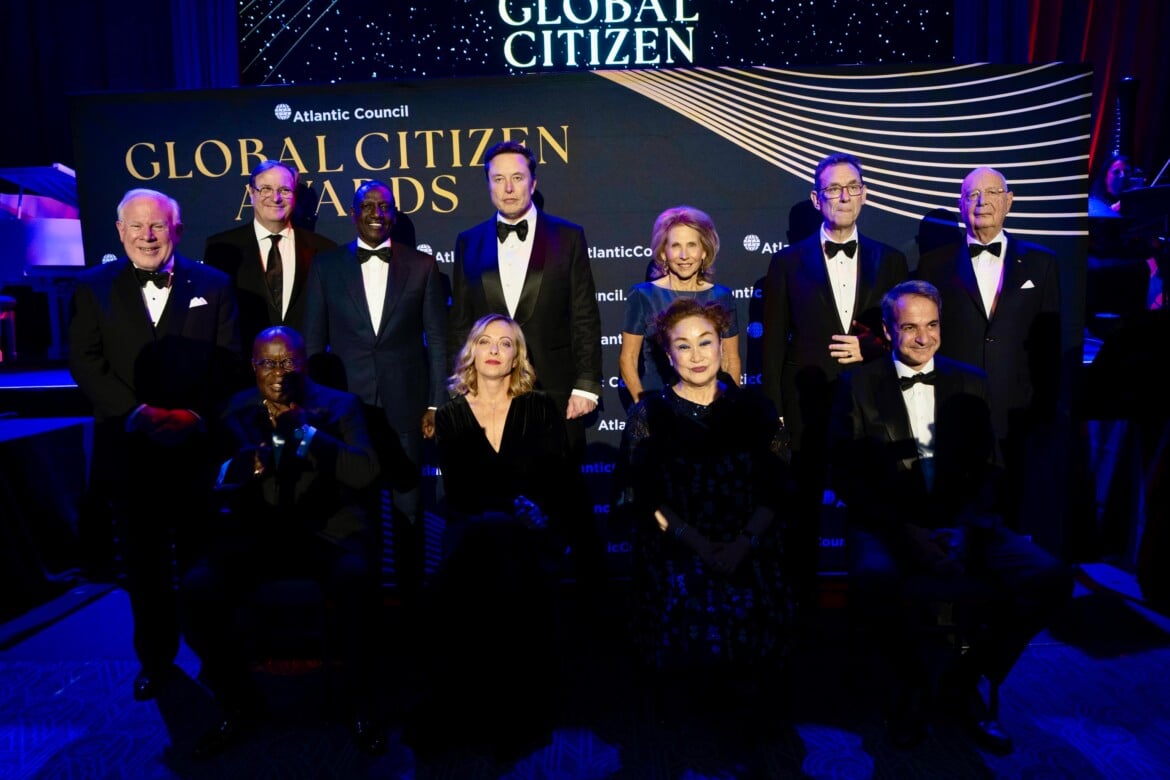Analysis
Between an oligarch and a president: Meloni after Mattarella’s stern words on Musk
Openly agreeing with Musk would mean the government exposing themselves to the charge of submitting to something like supervision from the new overlords in Washington.

Wednesday was a no good, very bad day at the Prime Minister’s office at Palazzo Chigi. As if the terrible news coming from Brussels was not enough, with Fitto’s nomination as vice president of the Commission still stuck in its tracks, with the Socialists stalling and the PD not offering Meloni the support she had hoped for, President Sergio Mattarella added to her headaches with his official note condemning Elon Musks’s interference-by-tweet, enough to send the premier up the walls.
What incensed her the most was not so much the president's position, but the fact that he chose to give the highest degree of solemnity to his words. It would have been fine if it was in answer to a question, Palazzo Chigi fumed. But an official note “in response to a private citizen” was too much, and even worse, with an appeal to national sovereignty that sounded like a rebuke against those who have touted sovereignty so much, and seem to have forgotten about it in practice.
The first reaction from the government headquarters subtly revealed the anger raging behind closed doors. The usual “government sources” let it be known that “We always listen with great respect to the words of the president of the Republic.” Listening is not agreeing, and what Giorgia pointedly doesn’t want to say is that she agrees in any way with the boundary the President set in defense of national sovereignty. One could also see how enraged the premier was from her post about the Fitto situation: “Ladies and gentlemen, this is the position of the European Socialists, whose largest delegation is the PD: Fitto can’t have the vice presidency. Italy doesn’t deserve it. These are your left-wing representatives.” Pure vitriol.
From the start, the official government line on Musk's intemperate tirade was silence, from the premier on down, and they had all respected it, except for Salvini, who is known to be intemperate by nature and also something of a comedic character. Giorgetti, someone who takes party discipline seriously, was literally grasping at straws to avoid saying anything specific: “Musk's words will be an issue if and when he is a member of a government.”
The enforced silence is easily explained. Openly agreeing with Musk would mean the government exposing themselves to the charge of submitting to something like supervision from the new overlords in Washington. And criticizing his words, despite actually agreeing with them, could mean alienating a politician whose friendship is now Meloni’s trump card on the international stage, and an entrepreneur whom they want to have a presence in Italy, and thus in Europe, to the advantage of a country that on the technological innovation front is still stuck on square one.
As proof of how determined the premier is to safeguard that relationship no matter what Elon says or does in the thick of events, the two spoke on the phone. Meloni asked her American friend to pour cold water on the controversy. He did so by expressing respect for the Italian president, while not taking back a single word.
After the president's dramatic intervention, and so stinging as a result, Meloni could no longer keep her silence. The premier entrusted the task of communicating her position to the FdI figures closest to her in the government and in the party: Undersecretary Fazzolari and Donzelli, respectively. When they speak, it’s almost as if she spoke herself; but that “almost” makes all the difference. The undersecretary was skillful, saying as little as possible and turning it around to sound like a tirade against the left: the president's intervention is “always helpful,” and FdI “has always rejected any foreign interference by governments, NGOs or big media”; and, at the same time, one is “struck by the disingenuous sovereignism of the left, which has banked on anti-Italian positions, and even now is plotting to make Italy lose the vice-presidency of the Commission.”
From the government, Tajani also decided to break his silence in the evening to agree with Mattarella on the defense of sovereignty, while saying this didn’t mean he didn’t agree with Musk on the merits of the issue.
Donzelli, who is not part of the government and can afford to speak more freely, was less diplomatic but still careful not to ruffle feathers: “I also agree with Mattarella's points. I don’t know if Musk will have a role in the U.S. government, but we weren’t happy with ministers from other nations attacking the government. They can comment abroad, but we have our independence and autonomy. It won’t be someone on the other side of the world who will decide on the careers of judges in Italy.”
Of course, Musk won’t be running Italian politics; but his presence will certainly not be a discreet and inconspicuous one either. For Meloni, he represents both a valuable support and a major headache.
Originally published at https://ilmanifesto.it/la-premier-ascolta-e-rispetta-ma-al-presidente-preferisce-il-tycoon on 2024-11-14
